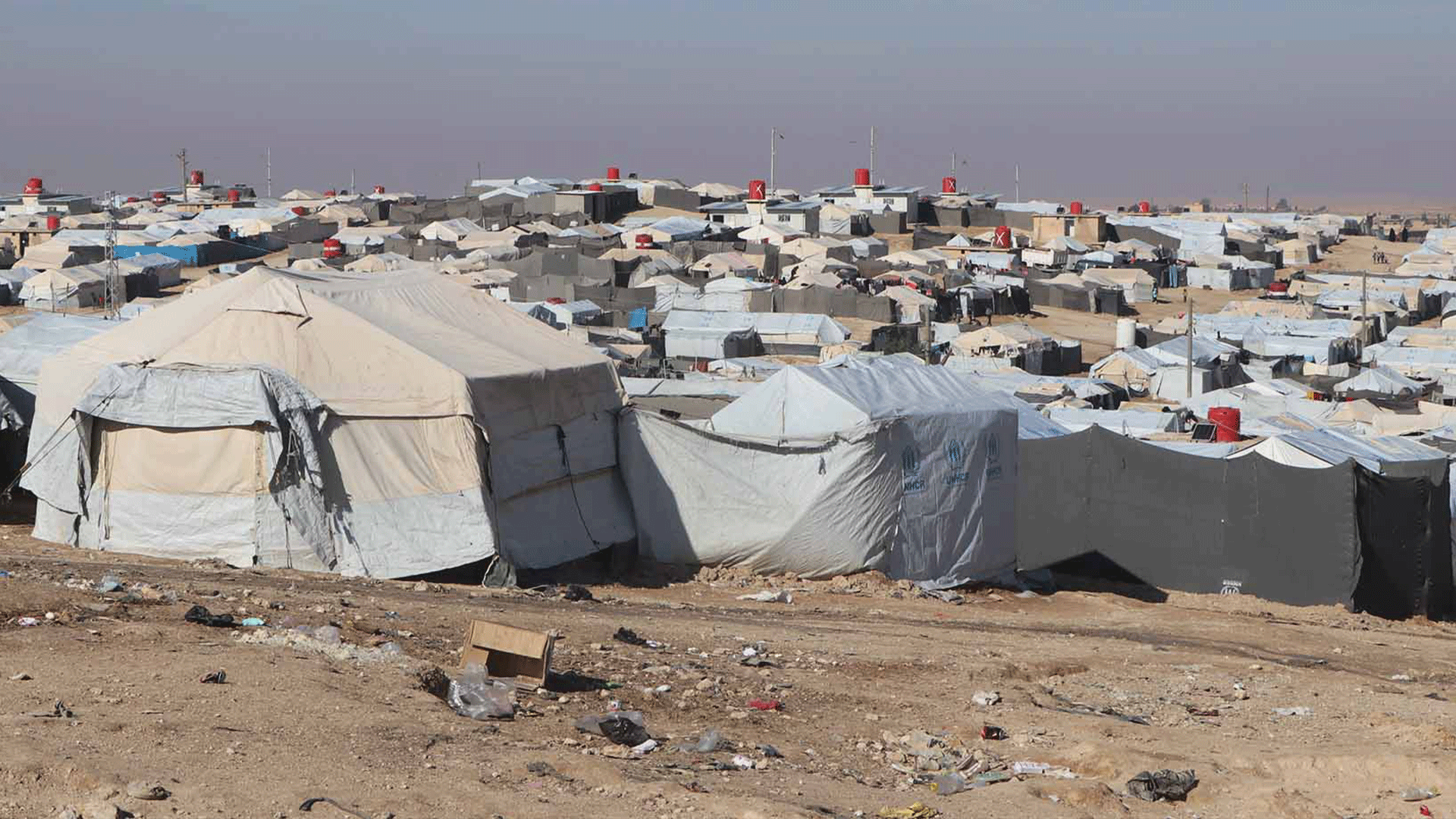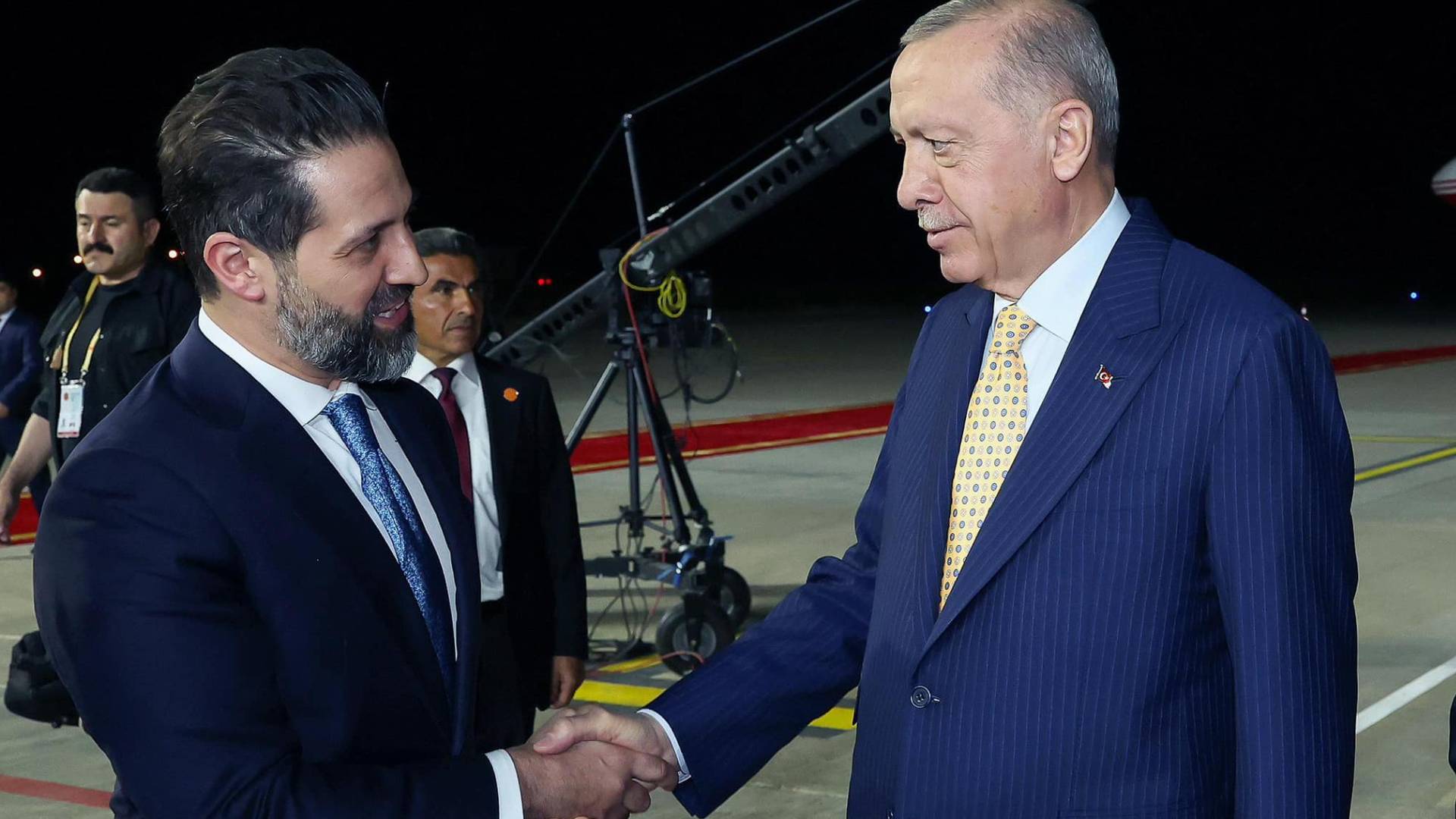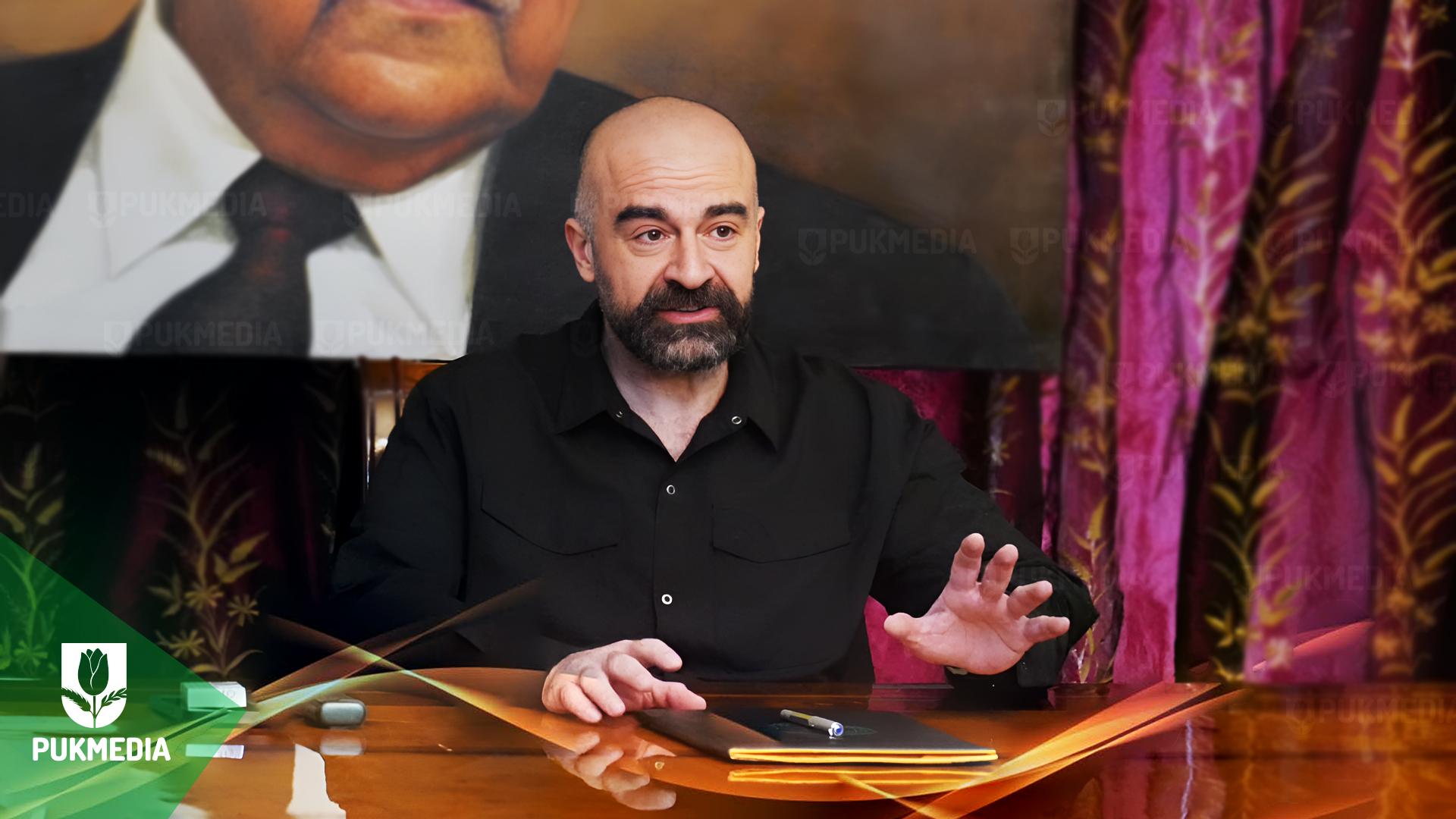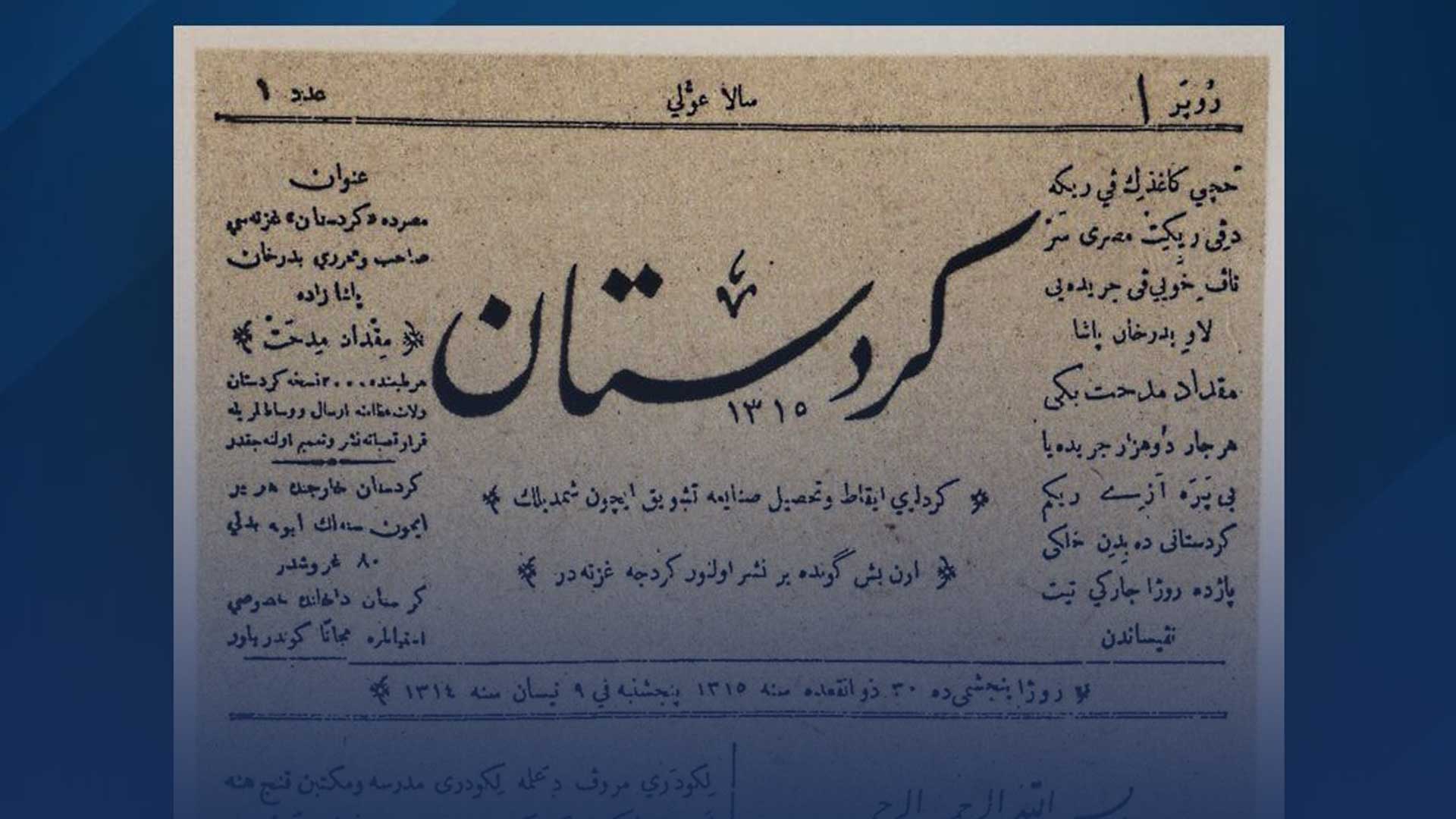Iraqi refugees in Syria’s Hawl Camp appeal government to repatriate
Reports 03:48 PM - 2022-01-15
Iraqi refugees in Hawl Camp in the eastern countryside of Hasakah, northeast Syria, call their government to accelerate their return to homeland amid insecurity and raise of killing incidents in the camp.
Most Iraqi refugees left their country and came to Syria during battles between the Iraqi army and the Islamic State Organization (ISIS) until the latter was defeated and the end of the Islamic caliphate was declared.
The Hawl Camp, 45 km east of Hasakah governorate, is a house for about 15,650 families in total of 57,516 individuals including 8,049 Iraqi families and 5,153 Syrian ones 56,775 people, mostly Iraqi refugees. A specific section, knows as the foreigners’ section, is designated to shelter wives and children of foreign ISIS fighters who died in the battlefield or captured.
The Internal Security Forces of North and East Syria (Asayish) enforce tight security measures in the camp, yet members of ISIS cells keep on committing murders.
In 2021, 93 incidents of killing, mostly Iraqis, were recorded in the camp; the highest total toll of killings since the camp has been established.
In the beginning of 2022, the Asayish found a body of an unidentified man dumped near a mosque. The deceased was killed with four bullets in the head. The culprits, anonymous, believed to be ISIS cell members, a security source told North Press.
Two days ahead of this incident, the Asayish found a body of a displaced Syrian man killed in the fifth sector in the camp. He was killed with a silencer pistol.
Many countries disregard evacuating their citizens, who joined ISIS, it appears there is no solution in sight yet that can put an end to the crimes taking place in the camp.
Slow repatriation pattern
Umm Youssef, a 43-year-old Iraqi refugee woman, fears the repeated incidents of killing specially since methods of committing crimes within the camp have changed in 2021 from stabbing the victim to death or setting fire to his/her tent into using live ammunition.
Wearing a black cloak (abaya) that covers all her body, Umm Youssef said “I live in panic here in the camp. We cannot go to sleep at night fearful somebody will tear our tent and sneak inside.”
Umm Youssef and her nine-member family live in the third sector (Iraqis’ sector).
She appeals to the Iraqi government to repatriate them. “We endured too much here. Living, security and medical situations are hard.” She hopes the Iraqi authorities accelerate the pace of the repatriation process so that she and her family can leave, too.
Between 2019 and 2020, the Iraqi government suspended repatriation of its citizens from Hawl Camp as dignitaries from Iraq accused the returnees to be ISIS members, some Iraqi refugees said.
Sheikhmous Ahmad, co-chair of the Office of Refugees and Displaced Affairs of the Autonomous Administration (AANES), said the AANES signed an agreement with the Iraqi government which said Iraq will repatriate 5,000 Iraqi nationals from Hawl Camp. “However, their response was slow.”
In 2021, following pressure by the Coalition Forces, the Iraqi government resumed repatriation of its citizens from Hawl Camp. In mid-2021, three tours, including 335 Iraqi families (who were 1,375 individuals) were repatriated to Iraq, according to the Office of Refugees and Displaced Affairs of the AANES.
Take us out as much as possible
On September 29, 2021, 115 families, including 487 individuals, left Hawl Camp and went to Jaz’a Camp in Nineveh governorate, northwest Iraq.
Additionally, in 2021, the AANES handed 110 ISIS incarcerated fighters to the Iraqi government, according to the Office of Refugees and Displaced Affairs of the AANES.
Between 2017 and 2018, coordination between the AANES and the Iraqi government was fruitful and scores of tours were organized moving Iraqi refugees wishing to go back to their country.
The total toll of the Iraqi refugees who returned to their homeland have amounted to 7,500 persons, the Iraqi Council in al-Hawl Camp said.
Well-informed sources from the camp said the delay by the Iraqi government to repatriate its national refuges is because of the existing split in the government itself regarding the issue of repatriation. Plus, sheikhs and dignitaries along with factions of the Popular Mobilization Forces/PMF (al-Hashd al-Shabi) have warned the returnees of retribution.
Umm Muhammad, another Iraqi refugee woman who lives in the first sector in the camp, said she is concerned about her fate as it is insecure to live in the camp. “Repatriation process is too slow. Only few numbers of Iraqi refugees are repatriated every two months. We want to be out of here as soon as possible. We live in a dire situation here.”
PUKmedia / North Press Agency
More news
-
German Forces Commander Ended his Mission at Mam Jalal's Grave
12:28 PM - 2024-04-23 -
Golden Bla Awards Ceremony Takes Place in Sulaymaniyah
11:32 AM - 2024-04-23 -
PUK Official: PUK is Committed to Holding Elections on Time
11:04 AM - 2024-04-23 -
Turkish President Meets Kurdish Officials in Erbil
10:42 AM - 2024-04-23



.jpg)


 Application
Application


